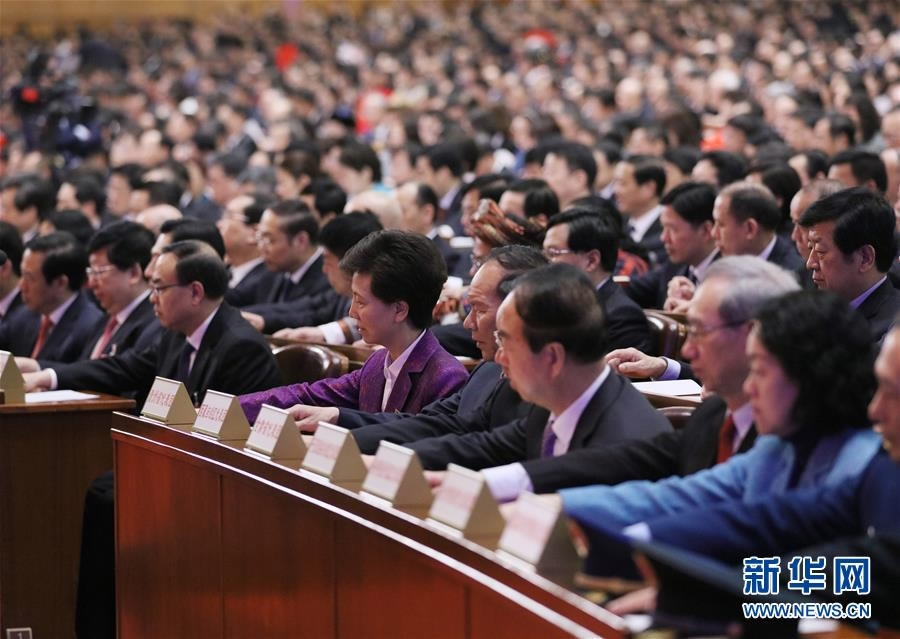
Politics
19:04, 17-Mar-2018
How are Chinese leaders elected?
By Zou Yun

As the supreme organ of state power, the National People’s Congress (NPC) has the authority to elect and appoint China’s top leadership.
Chinese citizens who have the right to vote, stand for election and have reached the age of 45 are all eligible for election as the country’s president. Normally, one candidate for the presidency is nominated by the Presidium of the NPC, after consultation among the various delegations.
This candidate must win a majority vote of all NPC deputies to be officially elected.

Deputies to the 13th National People's Congress (NPC) are voting to elect state leaders at a plenary meeting of the first session of the 13th National People's Congress, Beijing, March 17, 2018. /Xinhua Photo
Deputies to the 13th National People's Congress (NPC) are voting to elect state leaders at a plenary meeting of the first session of the 13th National People's Congress, Beijing, March 17, 2018. /Xinhua Photo
The elections of vice president, chairman of the Central Military Commission, President of the Supreme People’s Court, the Procurator-General, Director of National Supervisory Commission, as well as leaders of the NPC Standing Committee all follow this same process.
Here's what happens next: the president appoints the premier of the State Council. Then the premier appoints the vice premiers, state councilors, ministers, and so on. These appointments need to be approved by the NPC as well.
The election is conducted via a secret ballot supervised by monitors. There’s also a special “secret voting booth,” for those who want to ensure that their decision process is fully confidential.
The secret ballot not only ensures candid voting by deputies, but also reflects China’s enhanced democracy.

SITEMAP
Copyright © 2018 CGTN. Beijing ICP prepared NO.16065310-3
Copyright © 2018 CGTN. Beijing ICP prepared NO.16065310-3